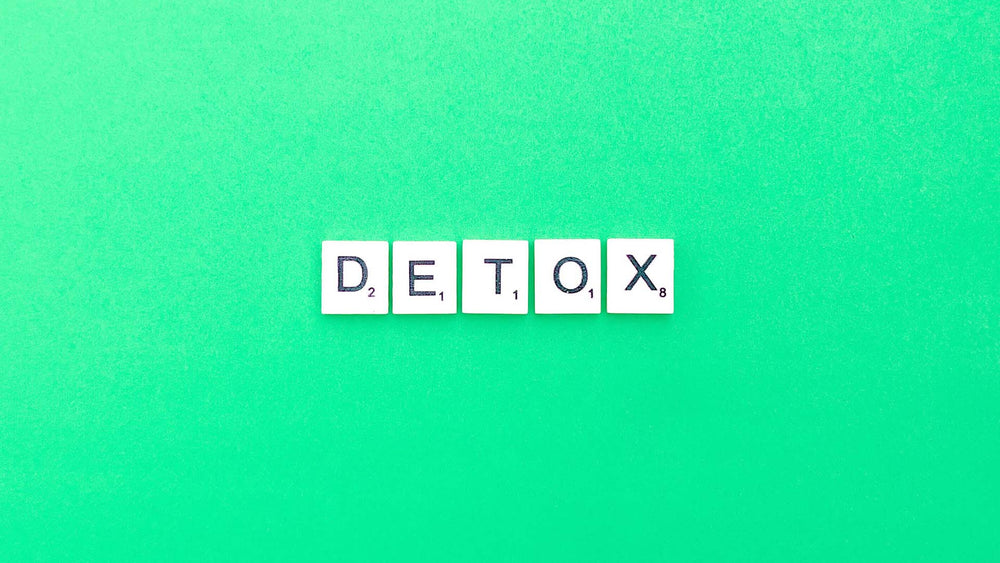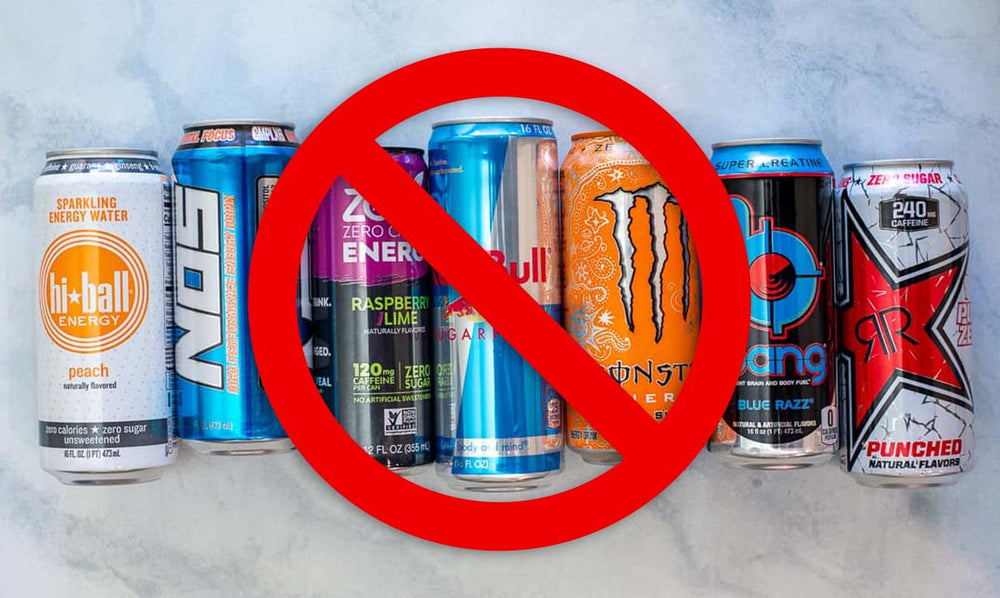Many studies have shown that taking wheatgrass or wheatgrass pills can reduce the chance of certain diseases.
A study on wheatgrass conducted in Haifa, Israel suggested that wheatgrass may have anti-cancer benefits, such as reducing oxidative stress. Research also indicates that wheatgrass may improve diabetes, obesity, colitis, rheumatoid arthritis and other medical conditions. More research is needed to show conclusively that wheatgrass prevents these conditions.

Wheatgrass Reduces Risk Factors for High Cholesterol
The right amount of cholesterol helps you make hormones and bile, but too much cholesterol increases you chance of heart disease by blocking blood flow. Some studies show that rats experienced lower levels of triglycerides and bad LDL cholesterol after receiving wheatgrass.
Wheatgrass had the same benefits as atovastatin, a prescription medication used to treat high cholesterol.
A study on rabbits showed that after ten weeks of a high-fat diet, wheatgrass lowered total cholesterol and increased HDL (good) cholesterol.
Wheatgrass Has Anti-Cancer Qualities
Wheatgrass contains lots of antioxidants to prevent the inflammation that can cause cancer. A test-tube study showed that wheatgrass reduced mouth cancer cells from spreading by 41 per cent. Another study indicated that wheatgrass reduced leukemia cells by 65 percent by the third day after treatment.
Taking wheatgrass may also reduce the effects of traditional cancer treatment, like chemotherapy. Bone marrow function is often impaired during chemotherapy for breast cancer, and wheatgrass may decrease the risk of poor bone marrow function after chemo.

Why Does Wheatgrass Have So Many Health Benefits?
Wheatgrass contains hundreds of nutrients, including vitamins, minerals, amino acids and enzymes. These nutrients help fight free radicals and other disease-causing problems.
Here’s a rundown on the most important nutrients you’ll find in wheatgrass supplements, and how they ensure the healthy day- to-day body processes that prevent disease:
B-Complex Vitamins
Many people get all the B-vitamins they need from their diet, but if you’re a vegan, vegetarian, or don’t have time to eat properly, wheatgrass can give you B-complex vitamins you need to keep your body strong. Genetics, alcohol use and certain medications increase a person’s need for B-complex vitamins.
Vitamin B1, or thiamine, boosts your metabolism and increases energy. Riboflavin (Vitamin B2) provides you wit more energy and it has antioxidant qualities to fight potential ailments. Niacin (Vitamin B3) boosts energy produces and repairs DNA and helps cells communicate with each other.
Pantothenic acid (Vitamin B5) also provides energy. It produces hormones and cholesterol. Vitamin B6 (pyridoxine) produces red blood cells, creates neurotransmitters and helps with amino acid metabolism.
Biotin (Vitamin B7) helps regulate gene expression, fat metabolism and carbohydrate metabolism. Vitamin B9 (folate) helps cell growth, division and the formation of white and red blood cells. Vitamin B12 (cobalamin) produces DNA and is necessary for neurological function. It helps develop red blood cells and guards against anemia.
Amino Acids
Glutamine helps maintain healthy, youthful skin, and supports strong nails. It keeps your hair from falling out even as you get older. Your body produces less glutamine as you age, and the glutamine in wheatgrass will help keep your skin firmer by regulating the acid base in your body.
The amino acids arginine and carnitine combine to make creatine. Creatine produces the collagen that helps repair DNA. By making collagen and elastin, creatine can strengthen tendons, ligaments and cartilage. You will heal faster when you’re injured, and creatine may even protect against tissue damage.
Amino acids help you grow and develop muscles. Methionine produces creatine to improve muscle mass and Lysine will help muscles recover after intense exercise. Research showed that rats that received amino acids in supplement form had stronger bones and muscles.
The amino acid supplements helped increase calcium absorption to strengthen bones.
Enzymes
Wheatgrass has hundreds of enzymes, which boost chemical in reactions in your body. Enzymes bind to molecules and alter them. Food digestion, respiration, nerve function and thousands of other body processes use enzymes.
Your liver uses many enzymes to break down toxins in your body.
Digestive enzymes have been in the news lately as a cure-all for poor digestion that may cause thyroid problems, hair loss, ADHD, headaches, mood swings and arthritis.
The digestive enzymes in wheatgrass can help you digest starches, lactose, fats, carbs and other food components fully to improve your health and mood.

Magnesium
Chlorophyll is the substance that makes plants green, and there’s plenty of it in wheatgrass. It contains magnesium, a mineral that improves muscle function, mood, and energy. Magnesium has also been shown to relieve anxiety and migraine headaches.
However, magnesium is perhaps best known for its role in heart health. Proper magnesium intake helps lower blood pressure and reduces your chance of atherosclerosis (fatty buildup on the arteries).
Magnesium is given to patients who’ve had heart attacks to improve their survival rate. People with congestive heart failure sometimes receive magnesium to reduce the chance of abnormal heart rhythm, or arrhythmia. High levels of magnesium in the blood reduce the chance of stroke, ischemic heart disease caused by a low blood supply to the heart.
Wheatgrass Reduces Your Risk of Most Chronic Illnesses
While no supplement or superfood, including wheatgrass can totally prevent diseases like diabetes or cancer. However, antioxidants and nutrients in wheatgrass get a 92 percent nutrient balance score from Self Magazine’s nutrition data page.
That means wheatgrass is one of the most potent supplements/superfoods you can take for better health. Four grams of wheatgrass contain Vitamin A, lycopene, lutein+zeaxanthin, Vitamins A, C, E and K, all B-complex vitamins and choline.
The minerals in wheatgrass include calcium, magnesium, potassium, phosphorus, zinc, copper, selenium and manganese.
The amino acids in wheatgrass are Tryptophan, Threonine, Tyrosine, Valine, Isoleucine, Leucine, Lysine, Methionine
Cystine, Phenylalanine, Proline, Glycine, Alanine , Histidine, Arginine, Glutamic acid and Aspartic acid.
Add about 300 enzymes to the vitamins, minerals and amino acids, and you’ve got enough nutrients to fight the inflammation, free radicals and toxins that cause disease.
REVV Natural Energy Supplement from Wheatgrass Love combines wheatgrass and other natural ingredients to keep you healthy and energetic and guard against many illnesses. Whether you’re a student, entrepreneur or athlete, REVV will give you the extra edge you need to excel during your busy day.
















